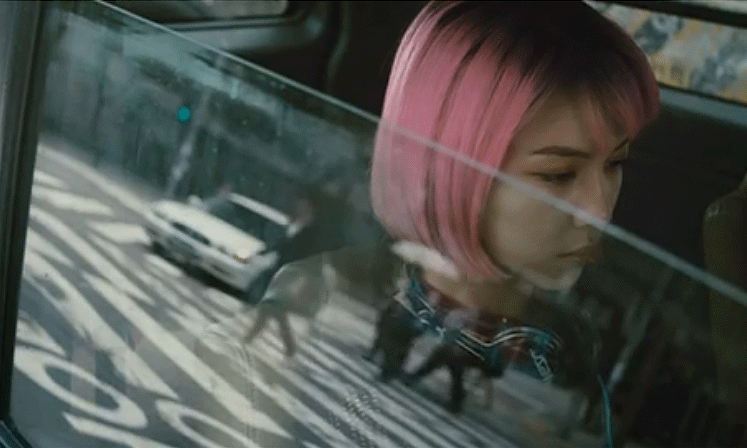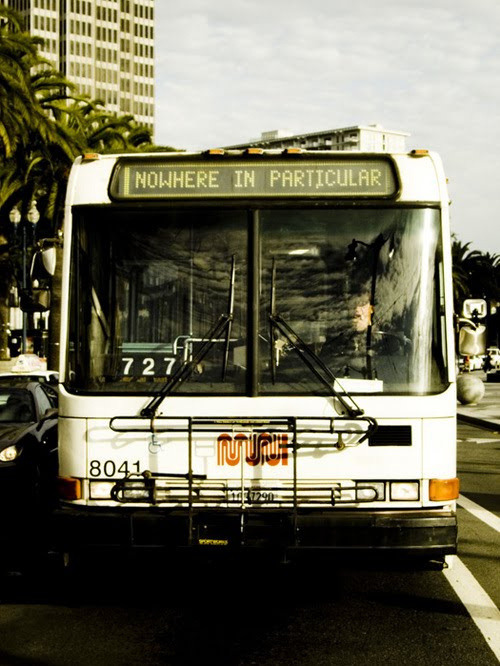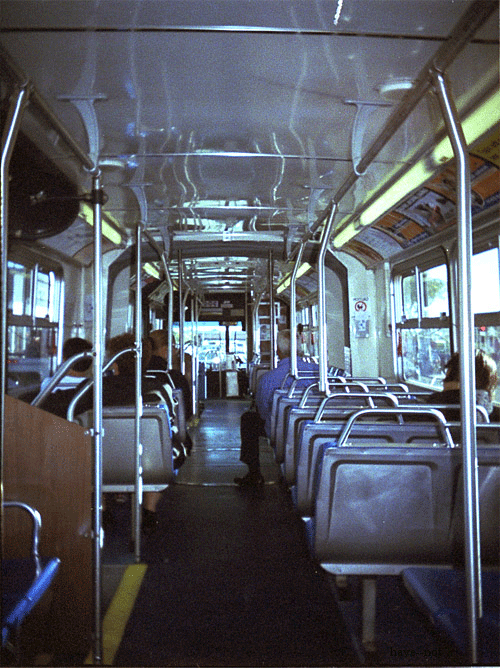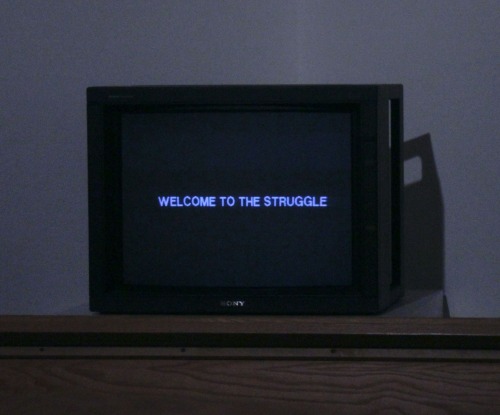Disruption
 Hari Kunzru’s novel Transmission follows an Indian programmer and the CEO of a marketing company as they navigate their changing personal and professional networks. To counteract his demise, set forth by a series of layoffs, Arjun attempts to get his job at an anti-virus company back by releasing a virus of his own: the Leela virus. But the virus fails to fulfill any such intention. Instead, telecommunication is disrupted and reliability forfeited as the the virus wreaks global devastation inadvertently. What is more worrisome, that we rely on such systems so defenselessly, or that such havoc is so easy that one could do so without even meaning to do it? As our world becomes more and more globalized, we have technological advancements to thank—and blame. Emerging technologies continue to promise the masses that they will change our lives for the better, and any resistance to this revolution has proved unavailing. As newer models are being implemented previous ones are naturally rendered obsolete.
Hari Kunzru’s novel Transmission follows an Indian programmer and the CEO of a marketing company as they navigate their changing personal and professional networks. To counteract his demise, set forth by a series of layoffs, Arjun attempts to get his job at an anti-virus company back by releasing a virus of his own: the Leela virus. But the virus fails to fulfill any such intention. Instead, telecommunication is disrupted and reliability forfeited as the the virus wreaks global devastation inadvertently. What is more worrisome, that we rely on such systems so defenselessly, or that such havoc is so easy that one could do so without even meaning to do it? As our world becomes more and more globalized, we have technological advancements to thank—and blame. Emerging technologies continue to promise the masses that they will change our lives for the better, and any resistance to this revolution has proved unavailing. As newer models are being implemented previous ones are naturally rendered obsolete.This result is unavoidable. Technologies, undoubtedly, increase efficiency. They promote connectivity. Their conceptions aim to fill any gaps in performance or overall capacity and their implementation ultimately serve to attack the present system at hand. Today, ride-seekers’ needs are met in a new model. Here, Uber passengers are picked up on location and taken to their destinations, both drivers and riders using their respective Uber apps to hail and navigate vehicles that—under Uber’s business model—are owned by drivers and are, therefore, under the driver’s scope of liability. Uber’s technologies have, undoubtedly, made the process of getting a ride easier, and in its proliferation, taxis have become antiquated. Uberization, as it has come to be called, has replaced the previous monopoly taxis had with another monopoly. As full time drivers are rebranded as independent contractors, they have to forfeit much of their livelihoods and commit to the company as part-time workers. The outrage lies in the loophole Uber exploits, employing drivers without paying to train or insure them, without purchasing a single vehicle under the company’s sole ownership. Taxi drivers are not aggravated by their loss of business to a competitor, but rather to that of a usurper.

Uber is not content to rest on its laurels, however - frequently exhibiting a cutthroat competitive spirit, especially towards a company very similar to itself: Lyft. At least as far back as August 2014, Uber has been embroiled in legal trouble for allegedly hiring “Brand Ambassadors” as contractors, giving them burner (disposable) phones and credit cards, and directing them to systematically order and cancel Lyft rides to bog down their profits and, in general, waste their critical customer-seeking time. Apparently, there’s even a name for this coordinated program; “SLOG”. Individually, these incidents only account for a few lost minutes, but on the scale that Uber’s campaign has been operating on -- thousands of cancelled rides -- there’s potential for a serious loss of profit and productive time. CNN reported on this, and upon tracing the phone numbers, Lyft estimated that 5,560 rides were cancelled. There are also reports of Uber employees taking rides in Lyft, and during the ride, attempting to recruit the Lyft drivers into the fold, giving them a virtual survey to fill out with their information. It seems as though Uber is anything but happy about its current size, and wants to assimilate both its competitors and their riders as soon as humanly possible.
At the end of the novel, an event called Grayday takes place. Grayday is “an informational disaster” where the Leela viruses disrupted major networks and numerous of data was lost (Kunzru 254). Businesses and people’s daily lives were disrupted by havoc that the Leela viruses wrought. This disruption can also be seen in the Uberization that has taken place. As Uber drivers and taxis compete against each other for business, the change in the industry that Uber has brought about has lend to violent and disruptive protests. In Jakarta taxi drivers violently protested against Uber drivers—blocking off streets, attacking vehicles, and causing massive traffic jams (BBC). This disruption in the daily lives of people and the violence that has occurred are reflective of the events that occur as a result of the Leela virus.



Uber also creates new ways for society to be disrupted - on New Year’s Eve of this year, many customers were understandably upset about their “Surge Pricing” - part of Uber is their policy for determining what the cost of a ride should be based on demand in that area. With such an influx of users, all concentrated around the same areas, the system either couldn’t keep up, or kept up too well: riders were charged as much as 10 times the normal amount for a ride, with one man being charged $1,100 at 1:32 AM in Edmonton, Alberta (Canada). He claimed he did not get an estimate before agreeing to the ride. Uber did respond to the incident, and comically insisted that 60% of rides that night were not affected by Surge Pricing - though surely the 40% of riders who did have to foot the bill did not feel any better about the hand they’d been dealt. While you can choose to not take the Uber, Uber is designed for convenience when other methods would prove more of a hassle - so, what kind of choice is a rider left with, when their ultimate fate is designated by an algorithm that can’t recognize when there’s a problem? As Kunzru put it, facing computer issues with no tech support is tantamount to standing naked before the mercy of God.
Uber is seen as a safe form of transportation for most, but there are incidents where Uber isn’t as safe as it seems. There was a reported incident two years ago, where an uber driver and three of his riders got into an altercation. The uber driver, out of frustration according to the hit one of the riders with a hammer in the face causing the rider, Roberto Chicas, to possibly lose sight in his left eye. This is a form of disruption, as his life is being altered and not going as planned. As with the disruption caused by the Leela virus, in , there is a guild called the ElderQuest who find their game stalled as the servers shut down. The guild makes it their mission to find out who created the virus, due to the fact that they not only lost a prestigious position in the game, but real money from betting on the game, in order to harm that individual. This disruption, them wanting to harm Arjun, messes with the flow of their everyday life as well as others. It also allows for realization that the separate entities of a virtual person and the actual person can combine, and when they do; it mostly causes havoc.

Authors: Angelique Narag | Trevor Tinline | Kimberly Lee | Sema'Jay Hall | Michael Rounds | Cecilia Swarray